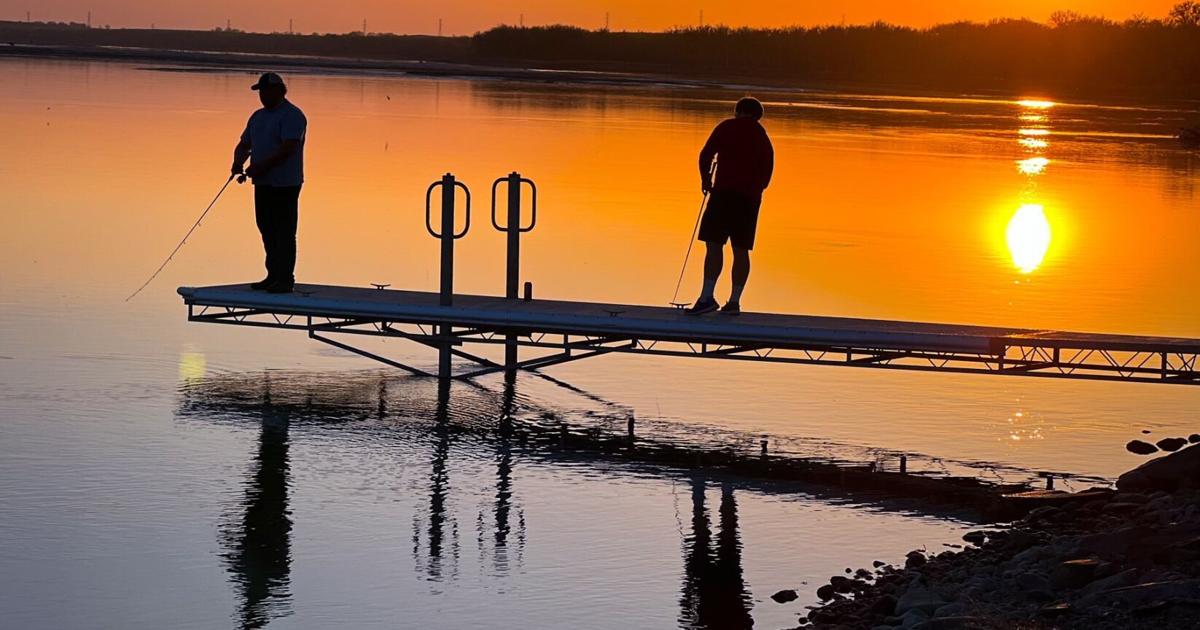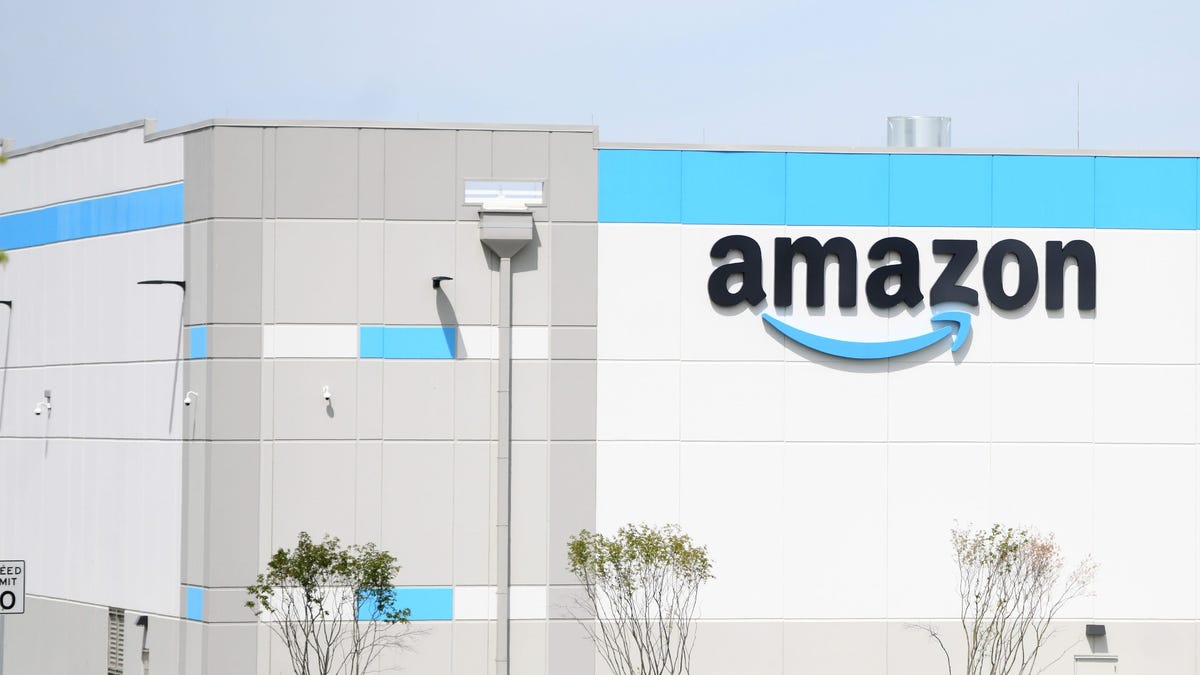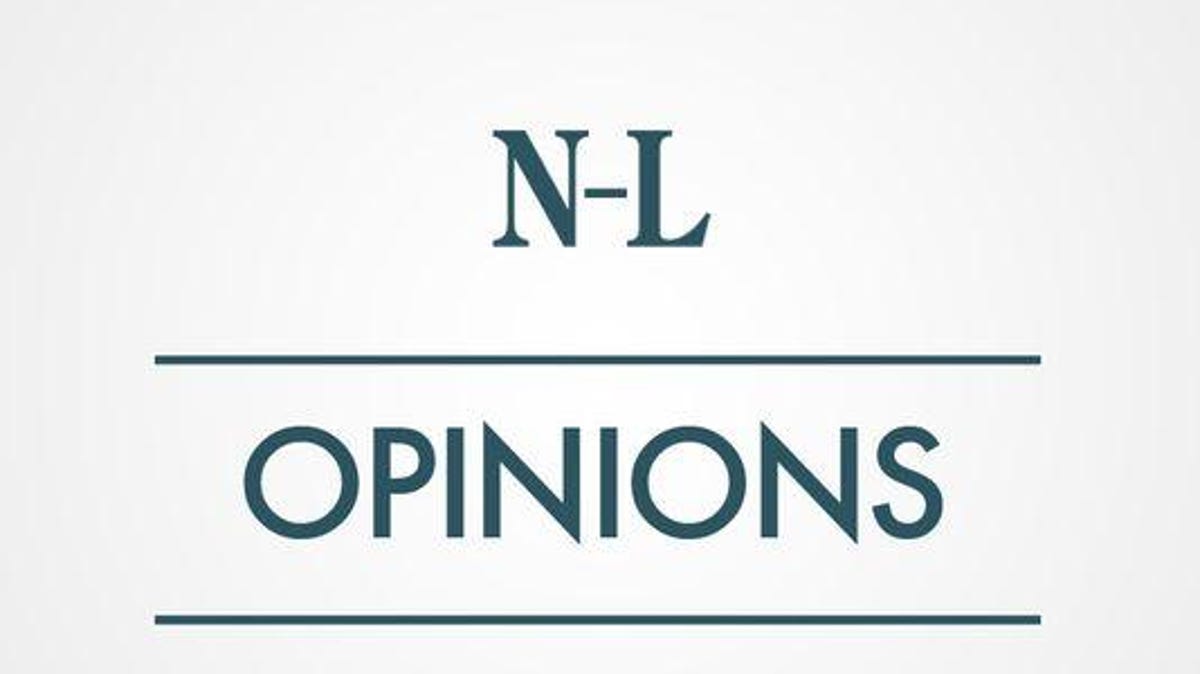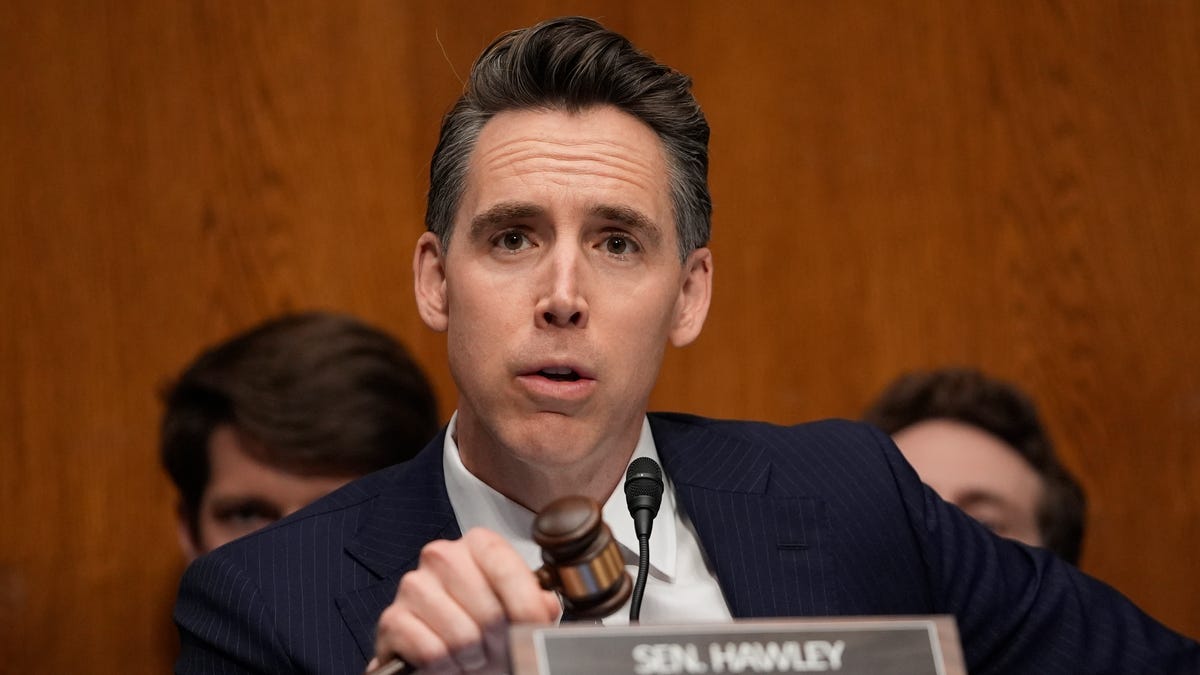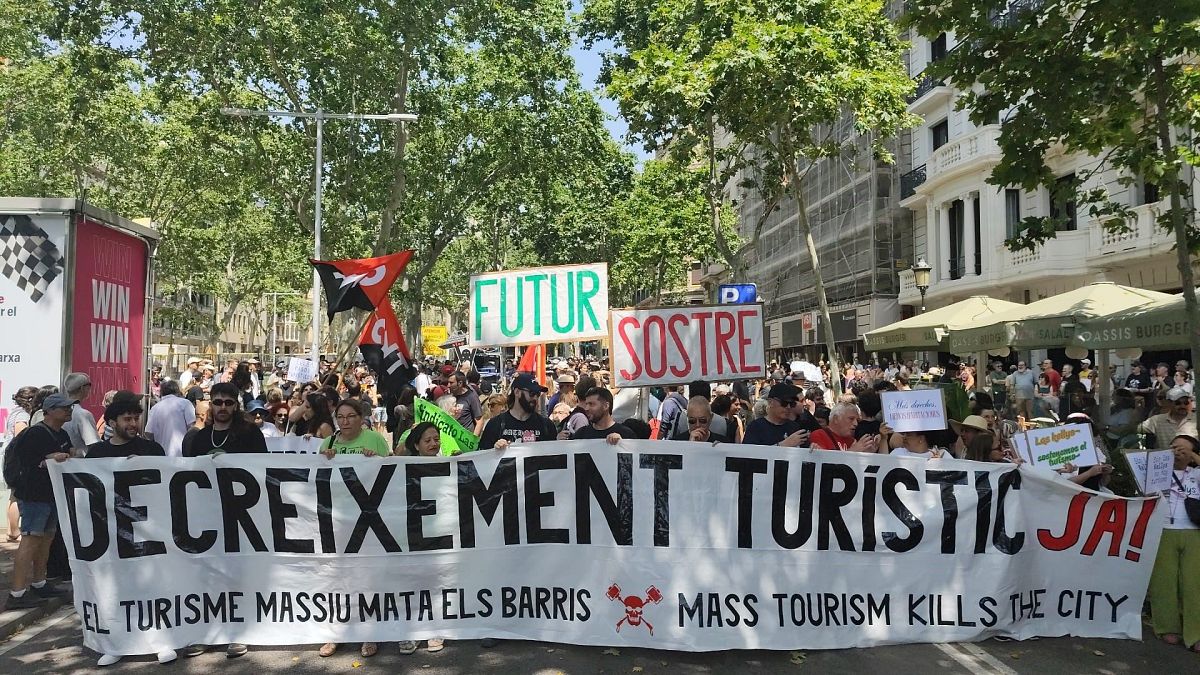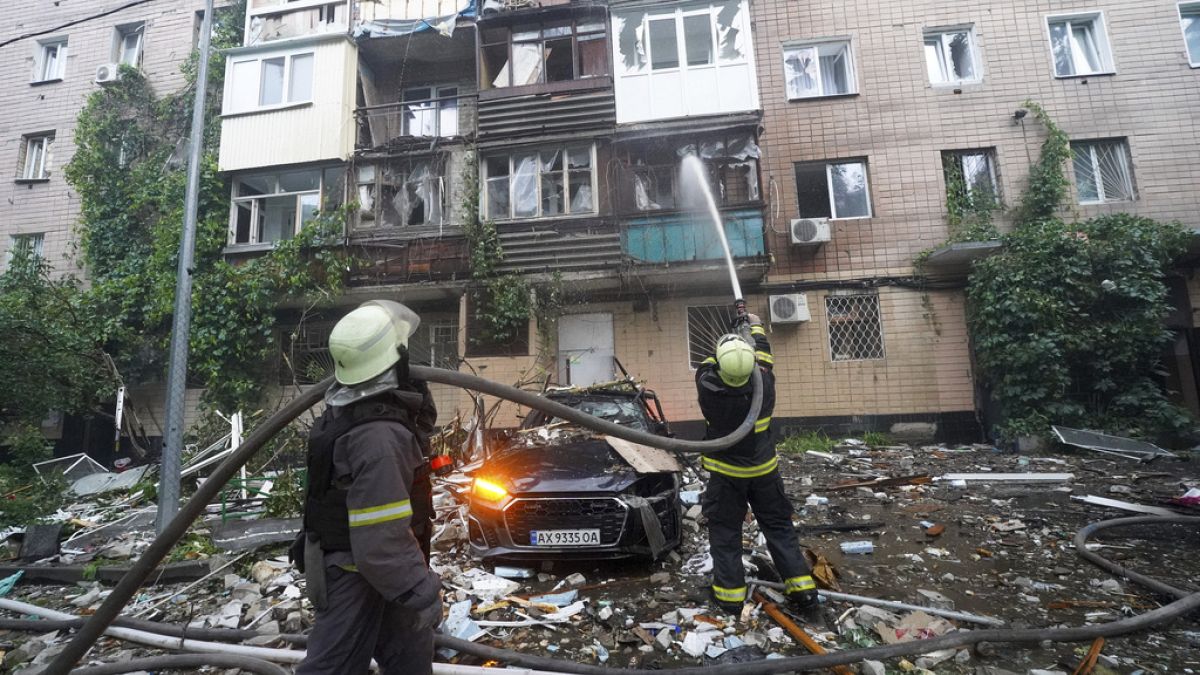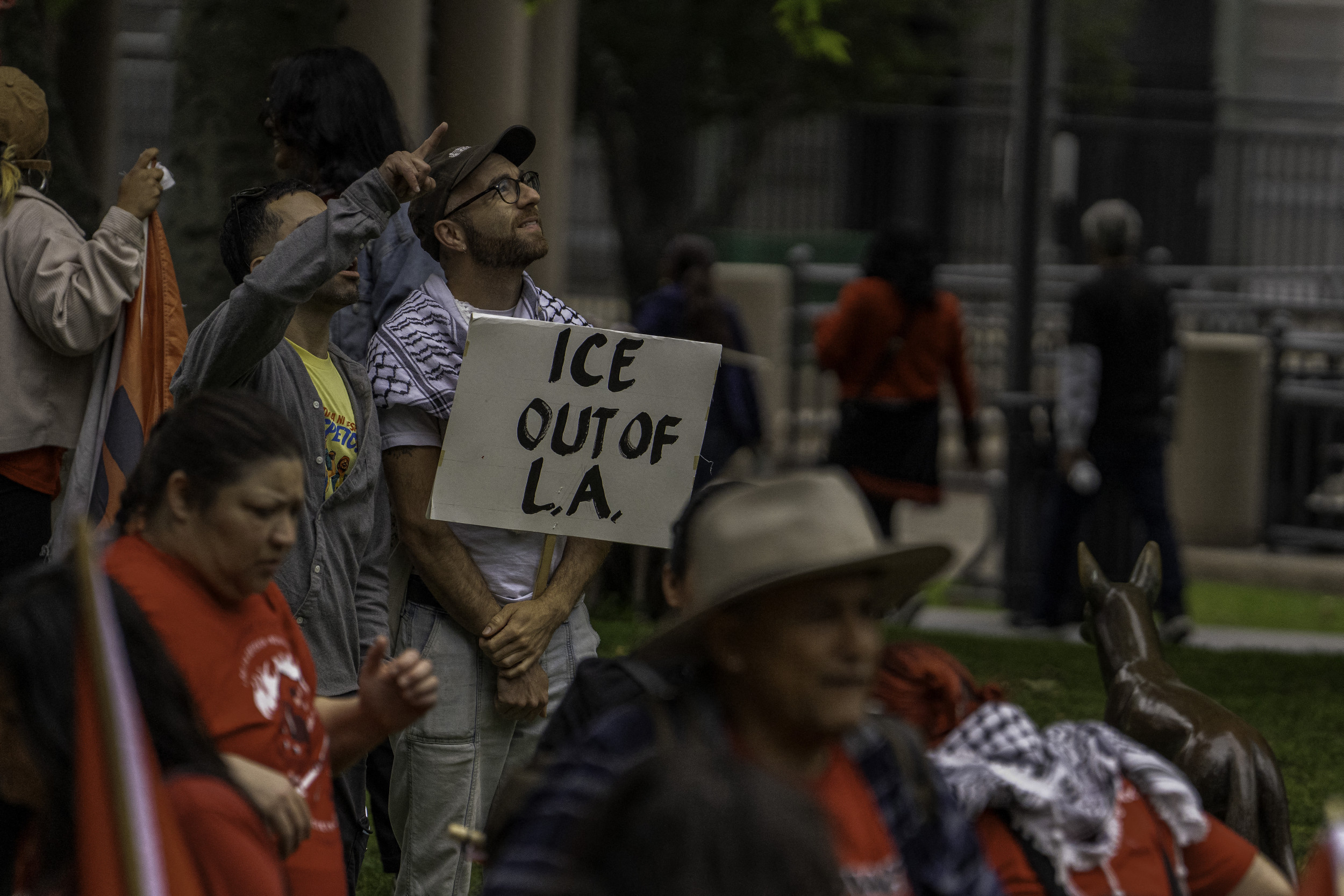JEFFERSON CITY − The Missouri Public Service Commission (MPSC) is reminding customers in mid-Missouri to continue to prepare for a new area code (235) in the current 573 area code.
The 235 area code will be added as an overlay to the 573 region.
“Customers are reminded that the 573 area code is not going away and if they have a telephone number with the 573 area code, they will not lose or have to change their telephone number,” MPSC Chairman Scott Rupp said.
A six-month grace period will begin on Aug. 26, to give consumers adequate time to adjust to the new changes. During this period, local calls can be made with either seven or 10 digits, and all calls that are local will continue to be local even if 10 digits are dialed.
Beginning Feb. 24, 2024, all local calls made within the 573 area code must be placed using 10 digits (area code + the 7-digit telephone number), and calls placed using just seven digits will not be completed.
Additionally, starting on March 24, 2024, new telephone lines or services may be assigned numbers using the new 235 area code.
Here are some key facts from the MPSC to know about the upcoming area code overlay:
- Your current telephone number, including current area code, will not change.
- You will need to dial the area code + telephone number for all local calls, including calls within the same area code.
- You will continue to dial 1 + area code + telephone number for all long distance calls.
- The price of a call, coverage area, or other rates and services will not change due to the overlay.
- You can still dial just three digits to reach 911 and 988. You can also dial three digits to reach 211, 311, 511, and 811 where available.
The 573 area code serves communities such as, but not limited to, Jefferson City, Columbia, Rolla, Cape Girardeau, Poplar Bluff, Sikeston, Mexico, Hannibal, Camdenton, Waynesville, Farmington and Caruthersville.
For additional information, visit the MPSC website.


